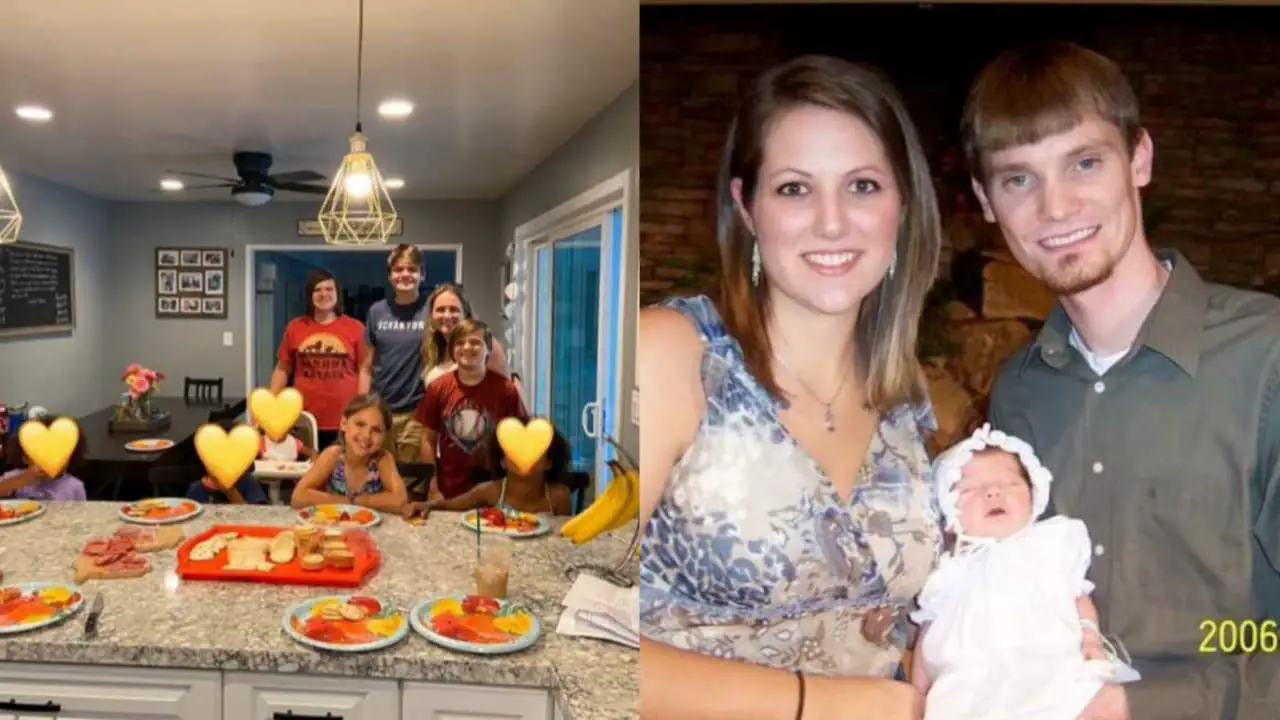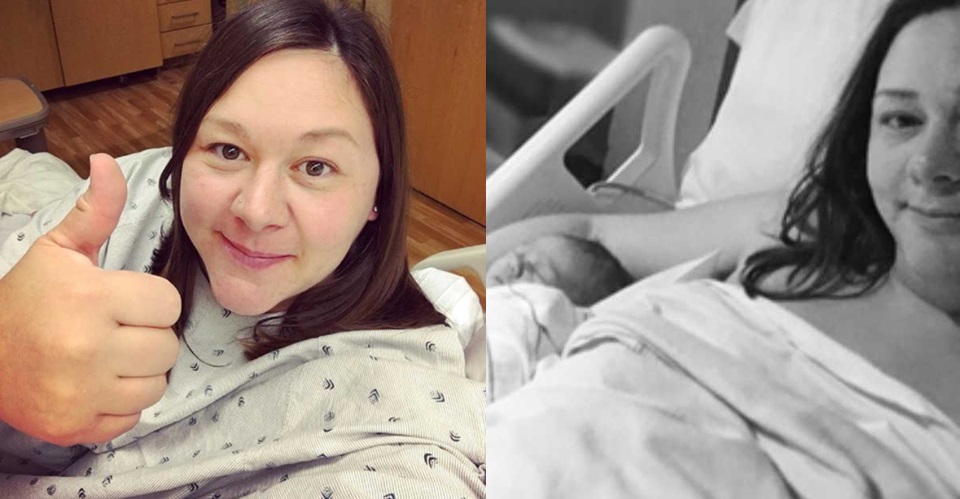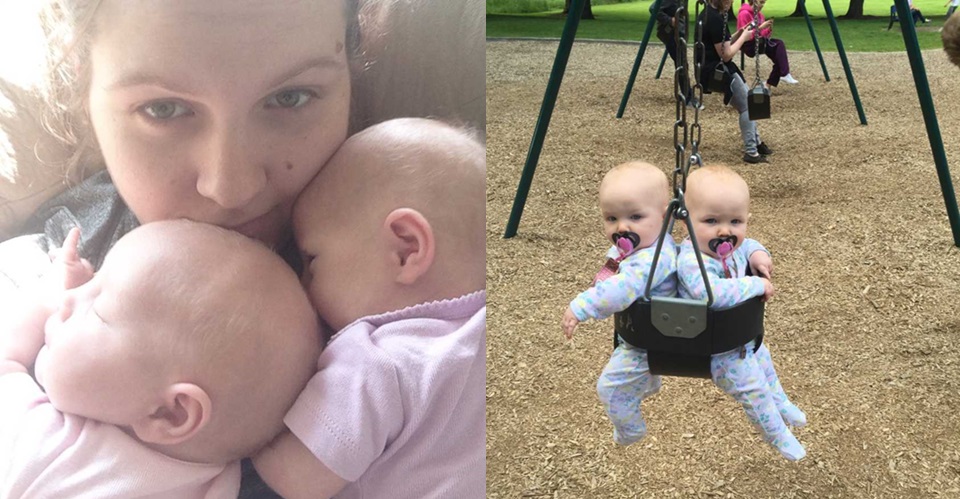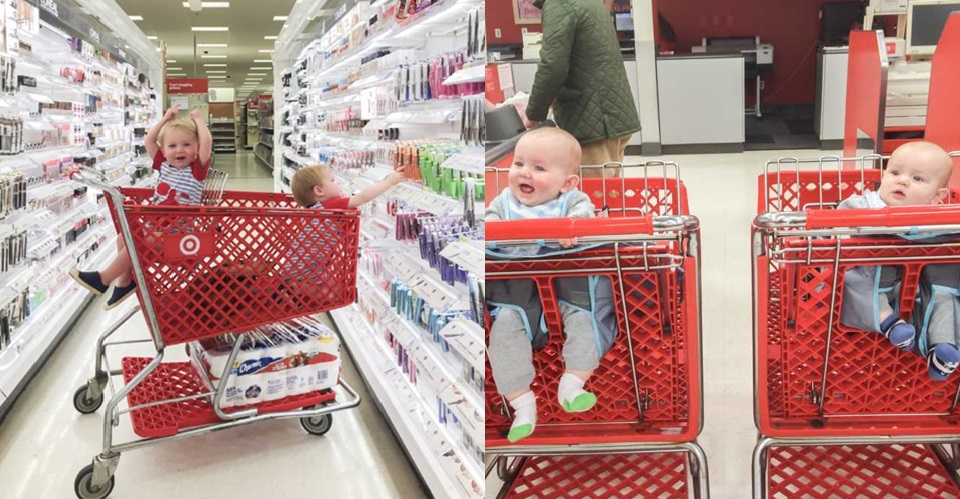From the time I was little, I dreamed of being a mom. I carried dolls around, rocked them, and pretended to feed and dress them. I never once pictured myself raising a child with special needs. I didn’t grow up around children with disabilities, so in my young mind, it just didn’t seem like something that could touch my life. Looking back now, I realize how naive I was.
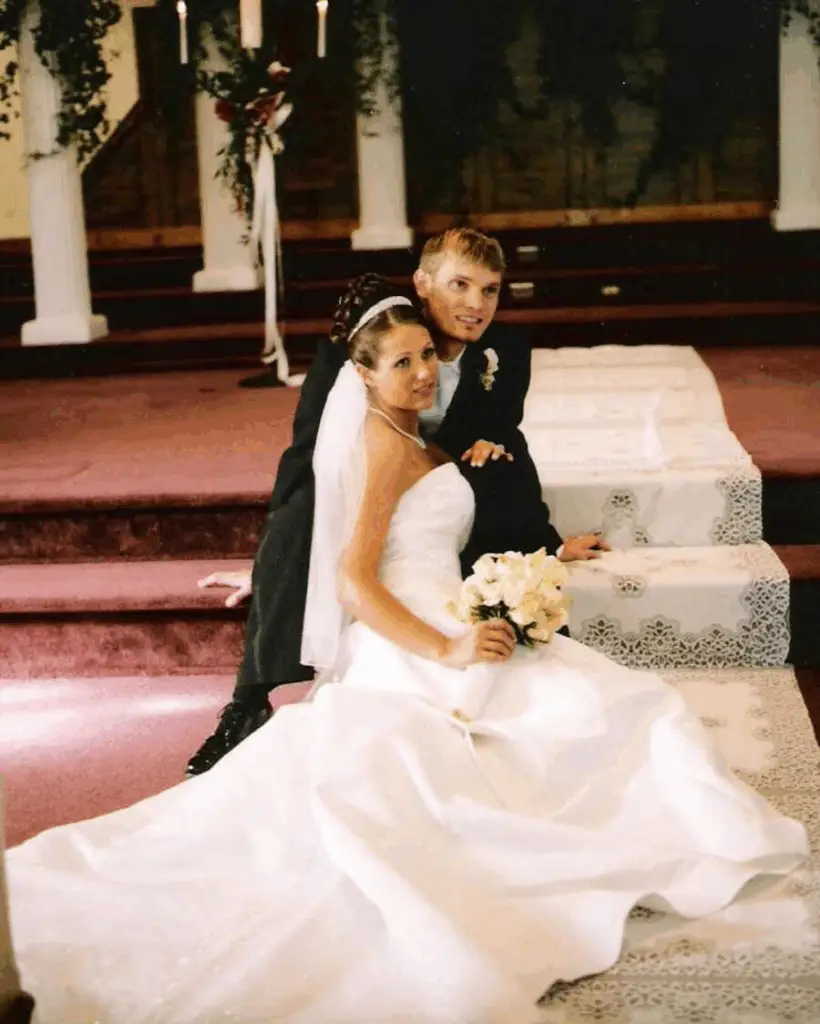
I met my husband, Josh, in high school. We were young and in love, and by the time I was nineteen and he was twenty-one, we were married. All we wanted was a family. At twenty-one, I was pregnant with our first child, a baby girl we named Kaylee. Everything felt perfect, our little starter home, my healthy pregnancy, and the excitement of becoming parents.
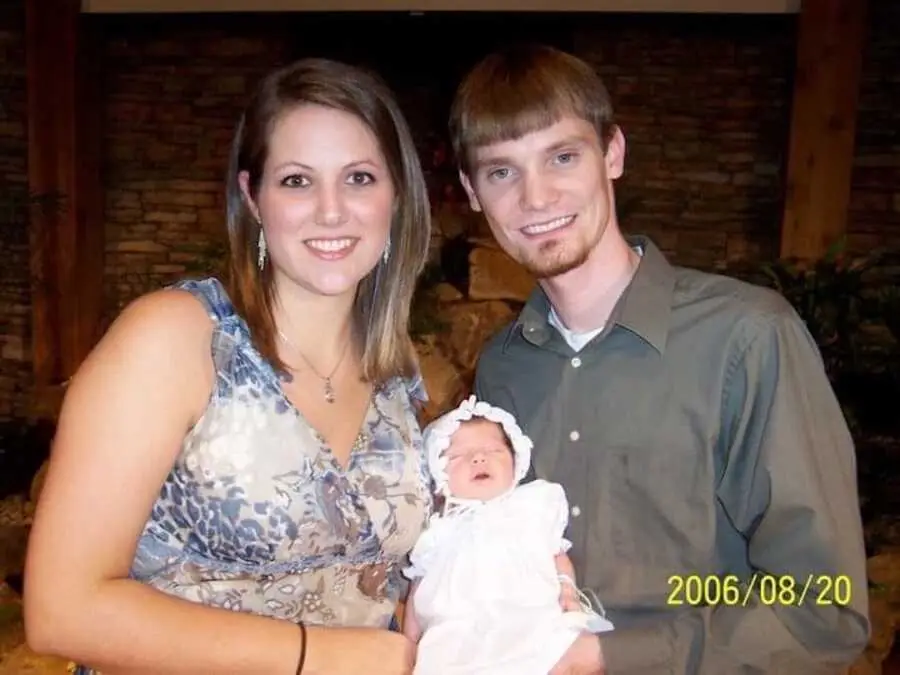
The night before I reached thirty-eight weeks, Josh and I stayed up late talking about delivery and our dreams for Kaylee. We couldn’t wait to bring her home to her beautiful nursery. I had no idea the next morning would turn our lives upside down.
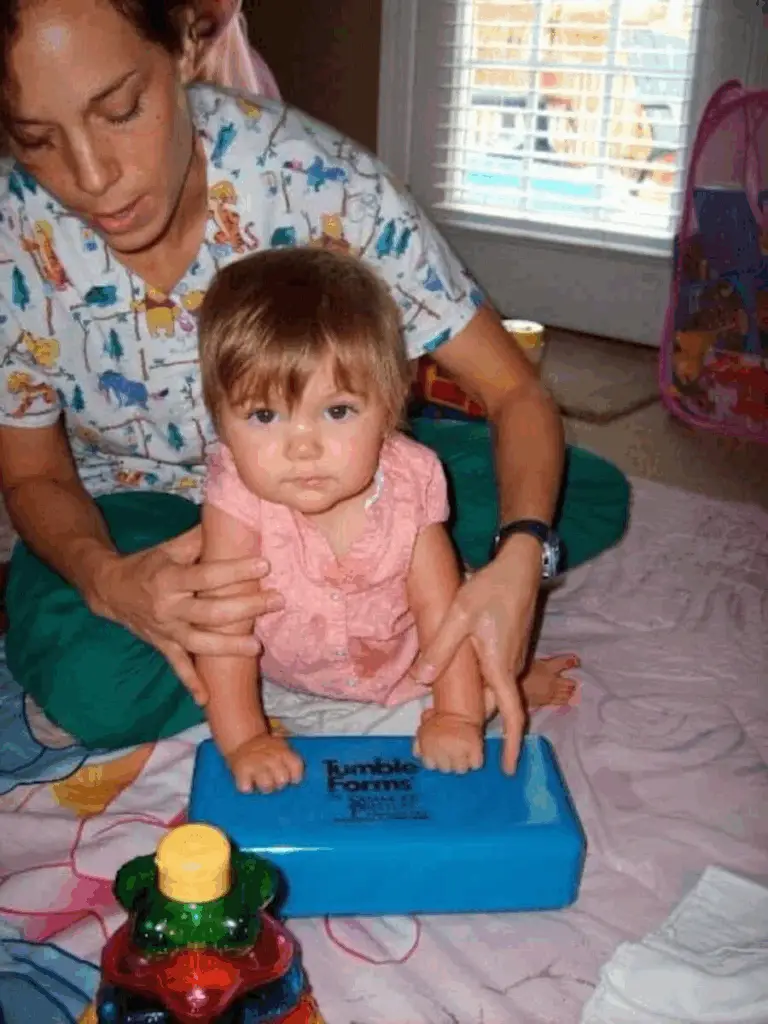
That day, as Josh was getting ready for work, I suddenly struggled to breathe. I collapsed, seizing on the floor. Josh called 911, and within an hour, Kaylee was born in the middle of a life-threatening emergency. What we later learned was that I had suffered a placental abruption, which caused my blood pressure to spike and led to an eclamptic seizure. I began hemorrhaging badly. Kaylee swallowed blood in the womb and was strangled by her umbilical cord.
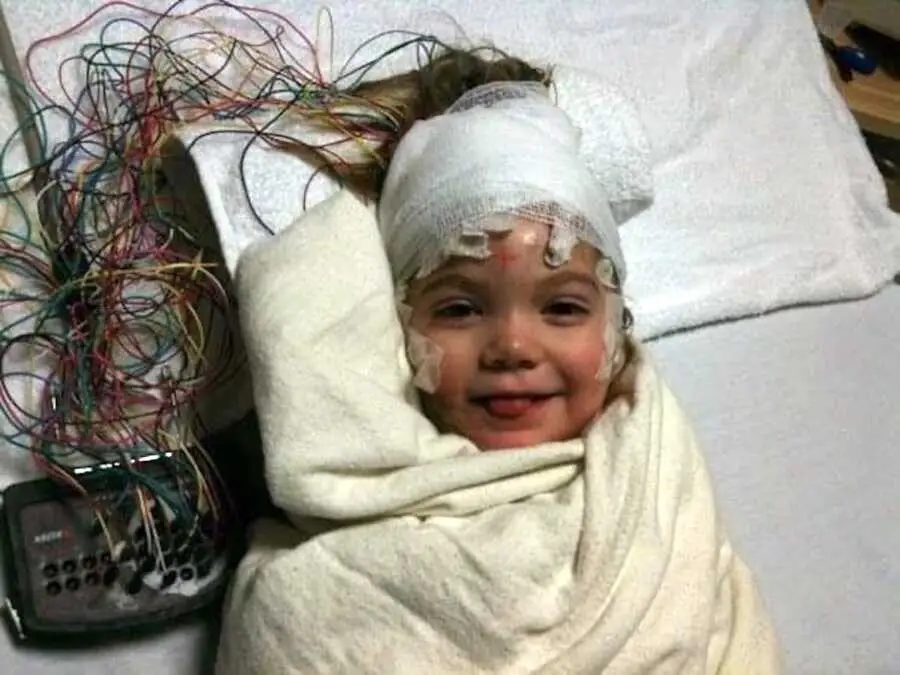
Neither of us should have survived. But by the grace of God, we did. Kaylee was resuscitated, and I was life-flighted for blood transfusions. We both spent a week in critical care, clinging to life. The doctors told us it was a miracle.
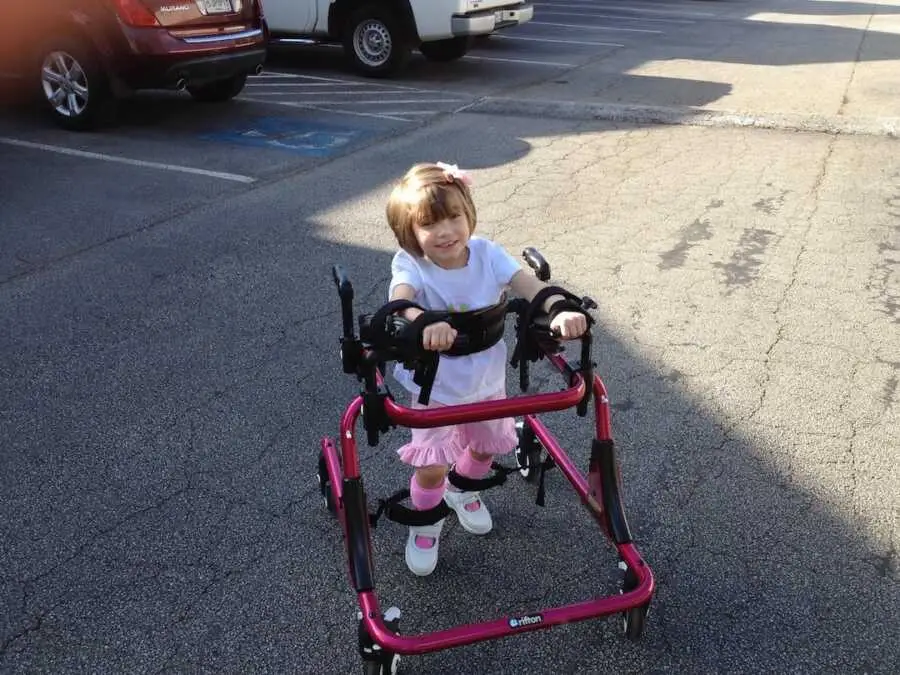
When we finally went home, no one warned us of any long-term effects. We thought our nightmare was behind us. But as Kaylee grew, feeding was hard, weight gain was slow, and milestones were delayed. I pushed for testing, but doctors brushed me off, saying I was just a nervous first-time mom. I knew something was wrong, so I found a neurologist who would see us without a referral.
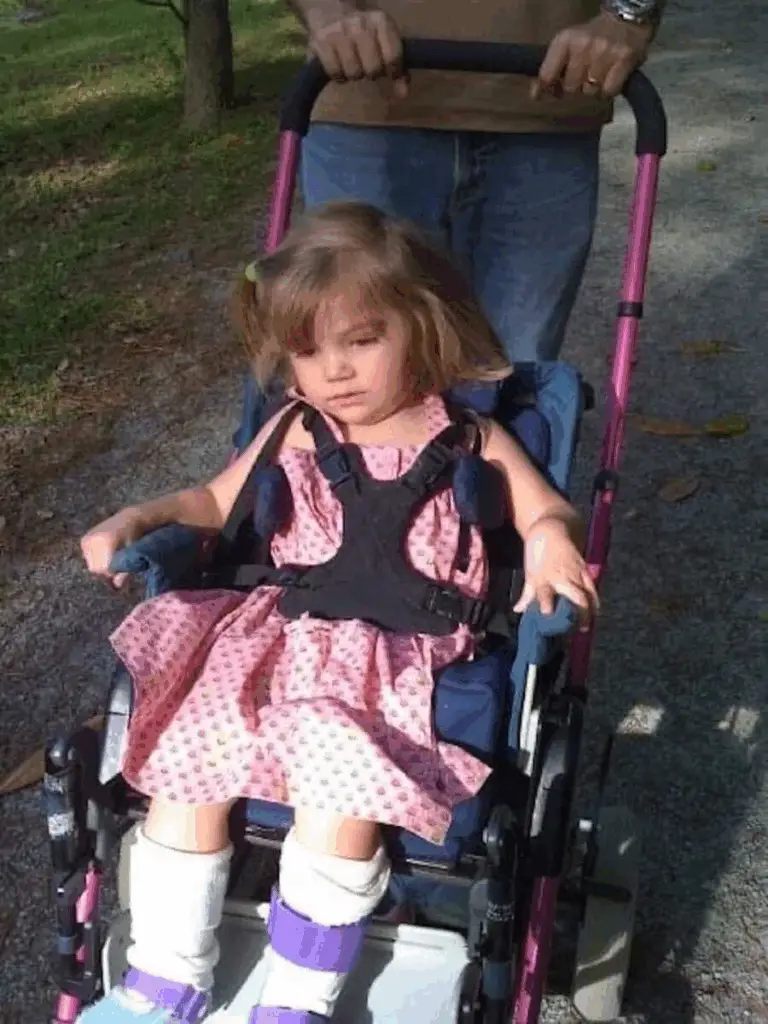
At seven months old, Kaylee was diagnosed with cerebral palsy. The doctor’s words still echo in my mind: “moderately severe.” In just a few minutes, before my baby had even said her first word, I was told she might never walk, talk, or clap her hands. An MRI later confirmed brain damage. I went home heartbroken, searching through baby books and clinging to the last line I found about cerebral palsy: “there is no cure.” That sentence broke me.
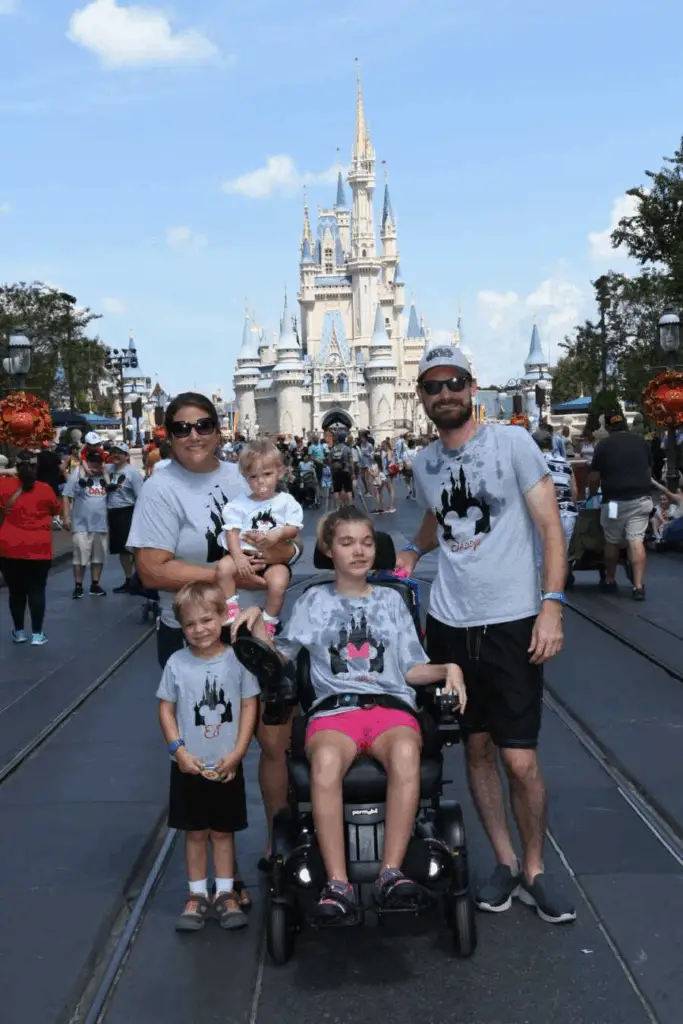
Still, we pressed forward. Therapy, specialists, equipment, insurance battles, surgeries—we dove headfirst into a world we never expected. We weren’t at soccer games or dance recitals like I once imagined. Instead, our days were filled with appointments and home therapy programs. Life looked nothing like I thought it would, but Kaylee was happy. She was full of life, and we gave her everything we could.
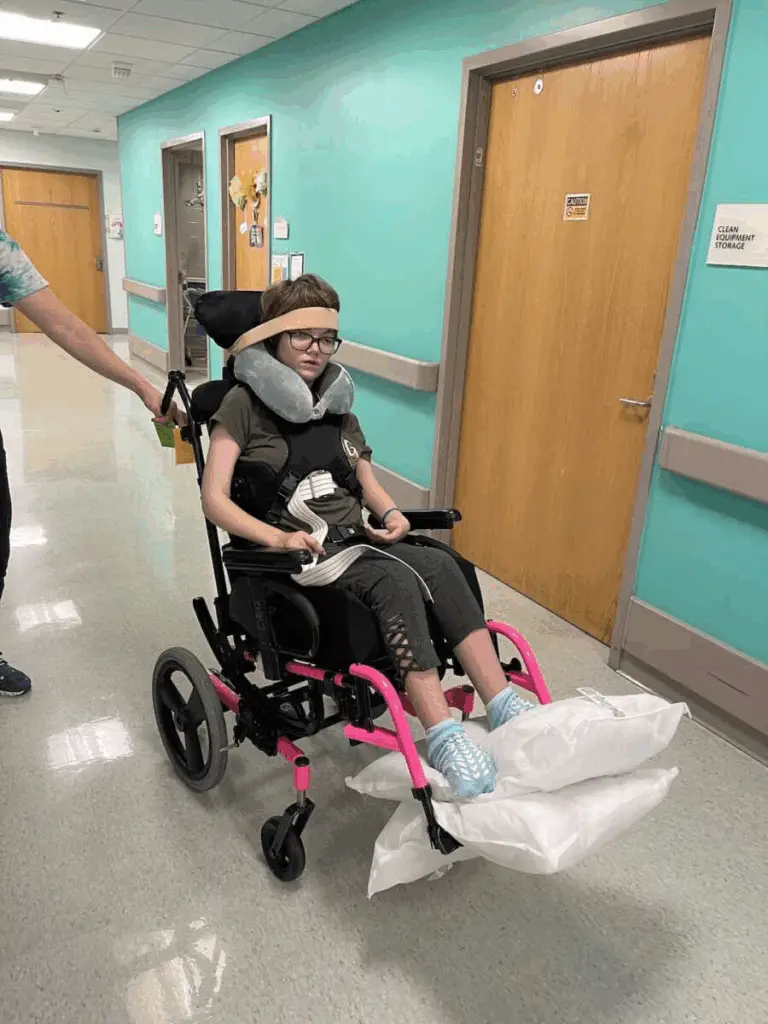
As she grew older, our focus shifted from fixing to simply helping her live well. We let go of endless therapy camps and found peace in our own rhythm. By her teen years, our goal became quality of life, not chasing impossible expectations.

Today, Kaylee is almost sixteen. She has two younger siblings, loves music and church, and has a quick wit that makes everyone smile. She may need help with daily care, but she is determined and creative. She has had an art showcase, published a book, and even designed a T-shirt to raise awareness for cerebral palsy. What she dreams of, we help her accomplish. She refuses to let her disability define her, and she inspires everyone around her.
That neurologist so long ago may have been partly right about Kaylee’s needs, but she missed the most important part, Kaylee’s spirit. She shows joy even in the hardest circumstances and points people to Jesus through her life. She has told us she wouldn’t change her story, because it’s made her who she is.
What I want most is for the world to see children like Kaylee. I want kids to grow up around people with disabilities so they understand differences are not something to fear. I want new parents facing diagnoses to know they’re not alone. I want more access, more inclusion, and more acceptance for families like ours.
I am a disability mom. I see you. I walk with you. And though the road is hard, it is also beautiful.
